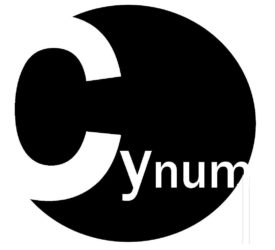About CyNUM
During its initial phase CyNUM was established as an initiative by the following founding members: Dr. Nadia Charalambous, Dr. Ilaria Geddes, Dr. Nevter Zafer Cömert, Dr. Şebnem Hoşkara, Dr. Naciye Doratlı, and Dr. Alessandro Camiz. Such initiative developed into a network and a first general assembly was held in October 2016. The group is organised around a Council leading the Network over a two-year term. Members are individuals, academics and professionals who hold an interest in the study of Cypriot cities. You can download the CyNUM Constitution here.P
The aim of the network is to promote research on the urban form of Cypriot cities and to support its dissemination both throughout the island of Cyprus and abroad. As such it aims to act as a first point of contact and information for researchers interested in Cypriot cities. It is also a platform for knowledge exchange and networking among researchers in the field of urban studies who have a specific interest in Cyprus and the wider Eastern Mediterranean region. The objectives of the group are:To promote and develop the subject of urban form in Cyprus and within the region
To encourage research on urban form and the dissemination of research findings internationally and between disciplines.
To establish and develop, also with other Mediterranean countries, a research network in the field of urban morphology, through the organization of meetings, seminars, conferences, workshops, a web-site, a newsletter in short-term, and publication of a journal in the long run.
To develop links with other organizations (universities, NGOs, research centers, etc.) concerned with the built environment, in Cyprus (both in the south and the north) and in other Mediterranean countries.
To establish a privileged relationship with the International Seminar on Urban Form (ISUF), through collaboration on ISUF initiatives on the debate and promotion of urban morphology.
To develop and broaden collaborative studies on urban form at the national and international level, in particular across the Mediterranean area, through co-operation with researchers in different fields of knowledge and different institutions, as well as other regional ISUF networks and the central body of ISUF itself.

